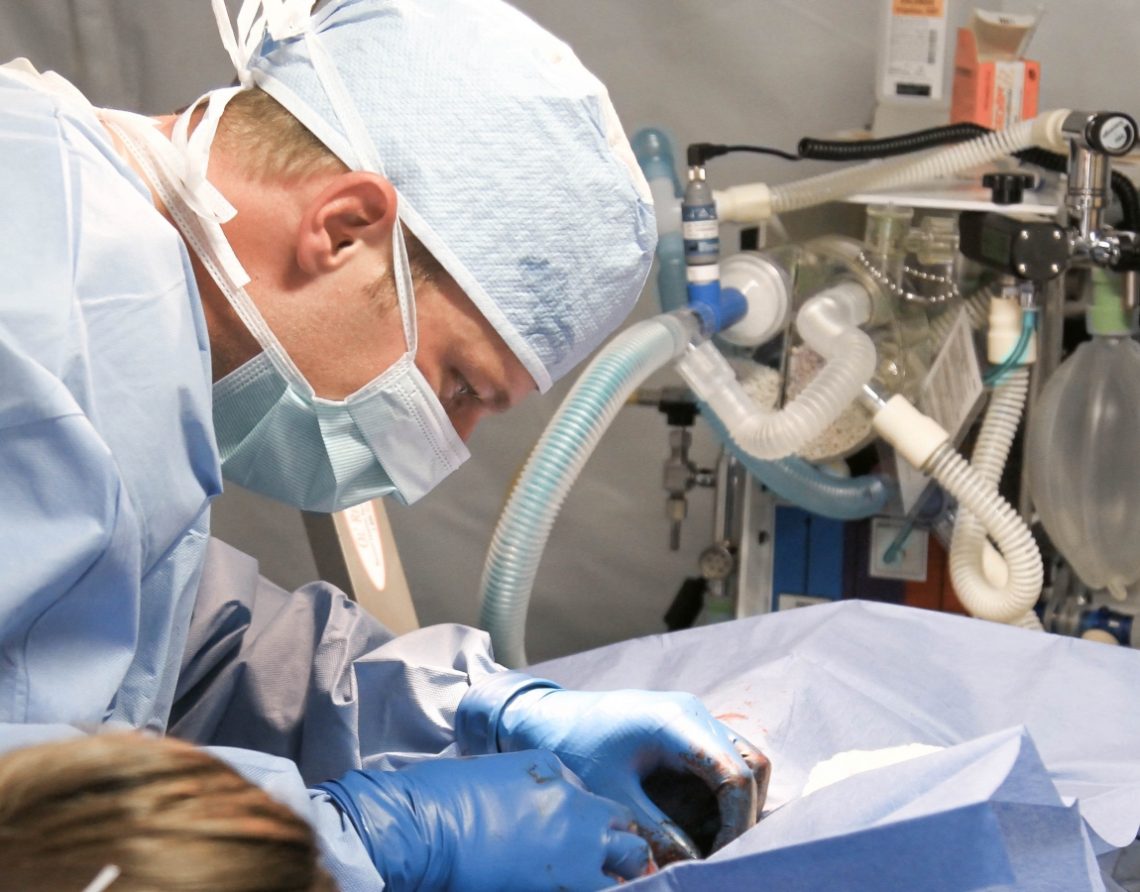-
New Study Shows Importance of Hypoxia for TBI Patients
One of the more common reasons for emergency room visits is head trauma. A new study published in November’s issue of the official journal of the Congress of Neurological Surgeons, Neurosurgery, has shown that low oxygen supply, or hypoxia, to vulnerable brain tissue is a crucial factor in the risk of death or severe disability after serious traumatic brain injury (TBI.) The study showed that the larger the decrease in brain oxygenation, the higher the risk of severe disability or death. The study strongly suggests that patients with prolonged periods of brain hypoxia have an increased likelihood of having poor prognosis separate from the results of intracranial pressure, brain blood…
-
What to Expect in the ER: Part 2
After Triage If your child’s problem does not require immediate attention, then you will need to wait. Luckily you have some books, toys and/or crayons (see part 1) to help pass the time with your child. Your child might need an x-ray or other tests, and you might be told that your child should not eat or drink until after the tests are completed. Your Turn Arrives Finally, you and your child will be called into the examination room. You may have to wait a bit longer until a doctor arrives. When the doctor arrives, you will be asked about your child’s medical issue and additional tests may be ordered. When…
-
Dr. Josyann Abysaab:What to Expect in the ER: Part 1
If you ever need to bring a child to the emergency room, it’s a good idea to prepare him/her in advance. If he knows what to expect, the trauma of the visit will be reduced to a minimum. On the Way to the ER Although it is certainly possible to drive to the emergency room yourself, if you need to get your child there quickly, consider calling 911 for an ambulance. Not only is an ambulance the fastest way to get to the ER, but there are trained professionals in the ambulance who can administer care. If you have time, bring some of your child’s belongings that can comfort and…

